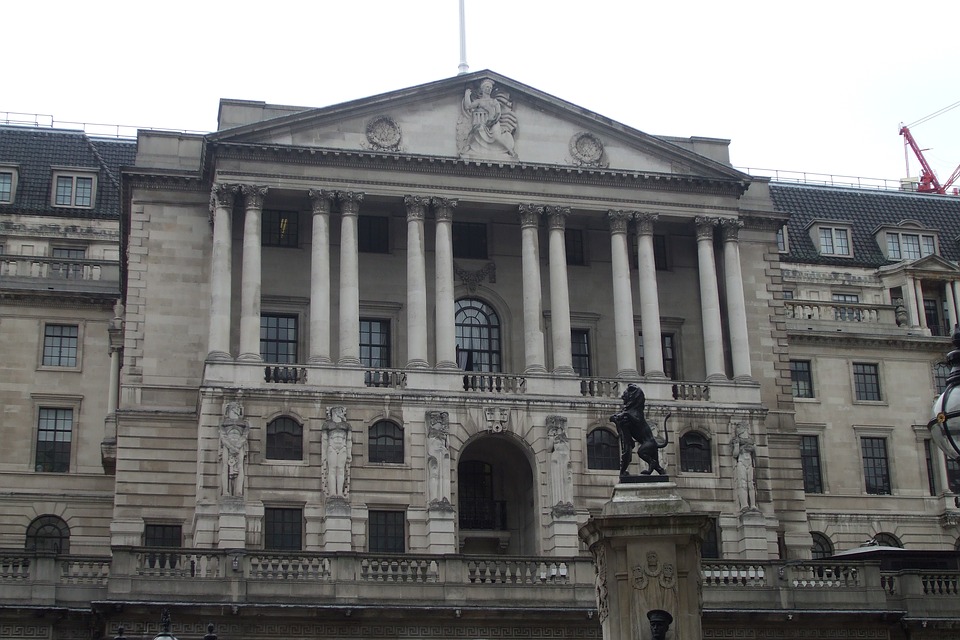Bank of England's Vlieghe warns of risks from new stimulus ideas

- Country:
- United Kingdom
The Bank of England has less firepower at its disposal than it did before past recessions, but new ideas for firing up the economy in a downturn need to be handled carefully, BoE policymaker Gertjan Vlieghe said on Monday.
Speaking about a think-tank report which said Brexit and the global slowdown meant Britain faced the biggest recession risk since the 2008-09 global financial, Vlieghe said it was prudent to think about what to do to see off an economic shock. Suggestions in the report that Britain should consider raising the central bank's 2% inflation target were part of a debate that was "well worth having," albeit not by current BoE rate-setters, he said.
However, raising the target could create worries that it would be raised again in the future, potentially undermining its credibility, Vlieghe said at a policy event organized by the Resolution Foundation think-tank. With interest rates so low in many countries and the effectiveness of further bond-buying muted by already record-low borrowing costs for governments, attention has turned to increased public spending or tax cuts to fire up growth.
Vlieghe said the reduced room for maneuver for central banks increased the importance of governments thinking about using tax and spending policies to kick-start their economies. However, a radical suggestion for fiscal policy to create money and hand it out to the public - sometimes referred to as "helicopter money" - could put the operational independence of the central bank at risk, he said.
The risk would exist if the central bank did not pay interest on reserves, keeping interested rates stuck at zero and effectively suspending its ability to react. "I think central bank operational independence has served us extremely well in keeping inflation low and inflation expectations anchored," Vlieghe said.
"Before we as a country give up operational central bank independence, even for a period, we must make sure we try everything else first." In its report, the Resolution Foundation said Britain's government should be more explicit about how it could pump money into the economy in a downturn and revisit its tax and benefit rules to cushion households against income shocks which have been weakened since the last slump.
It also called for a pipeline of shovel-ready infrastructure projects which could be sped up in a crisis and it said direct payments could be made to households if necessary.
(This story has not been edited by Devdiscourse staff and is auto-generated from a syndicated feed.)
ALSO READ
Enemies took advantage, terrorism spread whenever there were weak, unstable governments in country: PM Modi in Uttarakhand's Rishikesh
We will only support leaders who genuinely champion Maratha quota, government deceived us: Jarange
Under strong Modi government, our forces are killing terrorists on their own turf: PM Modi at Uttarakhand rally
Italy government chides Stellantis over Polish-made Alfa Romeo 'Milano'
Two senior Delhi government officials face FIR following Uttarakhand court order










